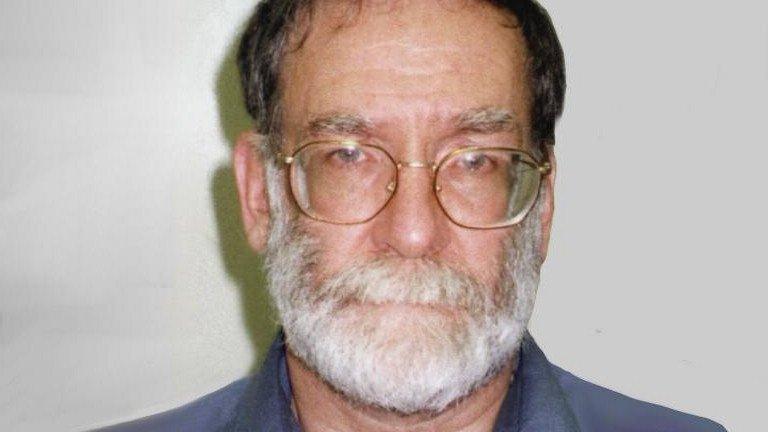Shipman reforms 'could have saved Furness General Hospital babies'
- Published
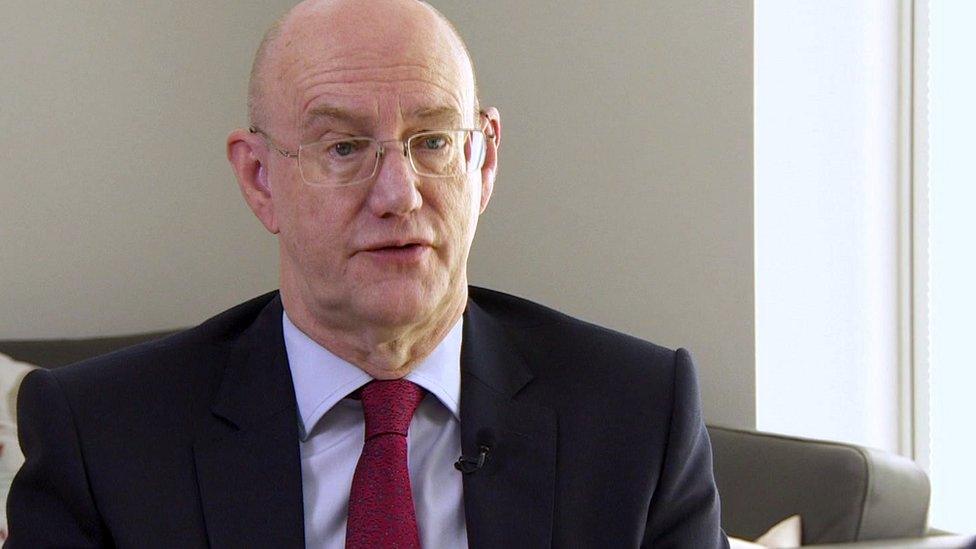
Dr Bill Kirkup investigated the "lethal" failures at Furness General Hospital
Baby deaths at an NHS hospital could have been prevented if reforms recommended after the Harold Shipman case were made, it has been claimed.
Dr Bill Kirkup, who investigated 11 baby deaths at Furness General Hospital in Barrow, said "proper" death certification could have saved lives.
An inquiry into killer GP Harold Shipman said Independent examiners should scrutinise death certificates, external.
The Department of Health said it was committed to death certificate reform.
Dr Kirkup told BBC Inside Out North West that greater scrutiny of death certificates by medical examiners - one of the key recommendations the third report of Dame Janet Smith's Shipman inquiry in 2003 - would have flagged up problems sooner at Furness General Hospital.
He carried out an inquiry, external into failures at the University Hospitals of Morecambe Bay NHS Trust, which is responsible for hospitals in Cumbria and Lancashire.
His report found a "lethal mix" of factors contributed to the unnecessary deaths of the babies and a mother, between 2004 and 2013.
The former Department of Health official found a "dysfunctional" maternity unit at the hospital, with "substandard care" provided by staff "deficient in skills and knowledge".
Working relationships between doctors and midwives had been extremely poor, with midwives pursuing a normal childbirth "at any cost" policy, Dr Kirkup found.
He said it should have been "obvious" there was a problem after about half of the babies had died.
However, the cluster of deaths was "ignored" because there was nobody looking out for any patterns that would cause concern, he added.
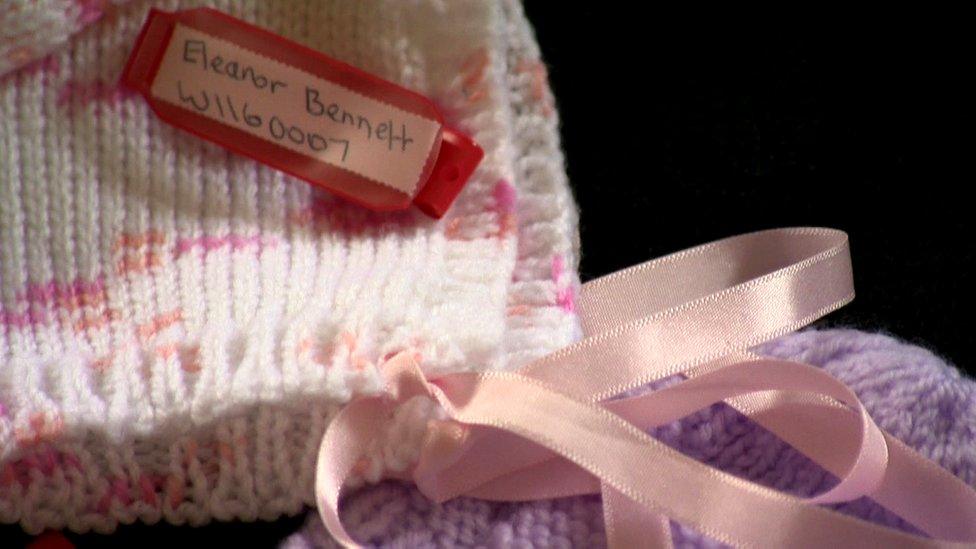
Eleanor Bennett died after 27 hours
Dame Janet's inquiry said reforming death certification could help prevent a killer like Greater Manchester GP Shipman, external, who murdered 215 patients and then signed their death certificates.
It could also identify potential deaths due to medical negligence, she said.
She recommended having an independent medical examiner to ask relatives if they had any concerns about the way their loved ones had died.
The medical examiners would also be trained to spot patterns of deaths and anomalies which caused concern, she said.
A number of pilot schemes for medical examiners are taking place but they are yet to be rolled out nationally.
Dr Kirkup blamed financial complexities for the failure to implement the reforms, adding: "I think in the end it does come down to money."
He said he believed better certification would also have uncovered problems at Stafford Hospital where official reports found between 400 and 1,200 more "avoidable" deaths than would have been expected in the period from 2005 to 2008.
Lesley Bennett's daughter Eleanor was the first baby whose death in February 2004 at Furness General should have raised concerns, Dr Kirkup said.
'No brainer'
Mrs Bennett believes a medical examiner might have "flagged up" problems at the unit relating to the deaths that followed her Eleanor's.
She wants to see the medical examiner scheme extended across England and Wales, adding: "It's a no brainer."
Alan Fletcher, lead medical examiner in Sheffield, where a pilot scheme has been operating since 2008, said he always asks bereaved relatives the "Shipman question" about whether they have concerns over the death.
He said the government was "missing an opportunity... to put in place a system that provides the necessary safeguard that everybody needs as a member of the public when somebody passes away."
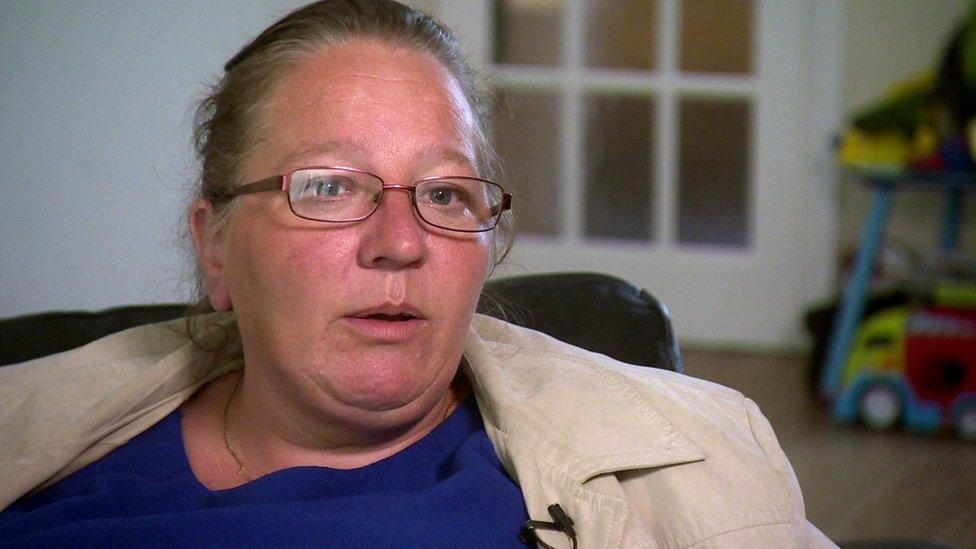
Lesley Bennett said appointing medical examiners was a 'no brainer'
Earlier this year, the president of the Royal College of Pathologists, Suzy Lishman, described it as "incomprehensible" that the system had not yet been reformed to include medical examiners.
Dame Janet was not available for interview with BBC Inside Out North West but told the programme in 2010 she was frustrated at the lack of progress.
"We haven't moved at all on basic death certification", she said at the time.
The Department of Health said it was reviewing the pilot schemes to see how they fit with other developments on patient safety, including a "statutory duty of candour", and a new Care Quality Commission inspection regime.
Watch Inside Out BBC North West at 19:30 BST or on BBC iPlayer.
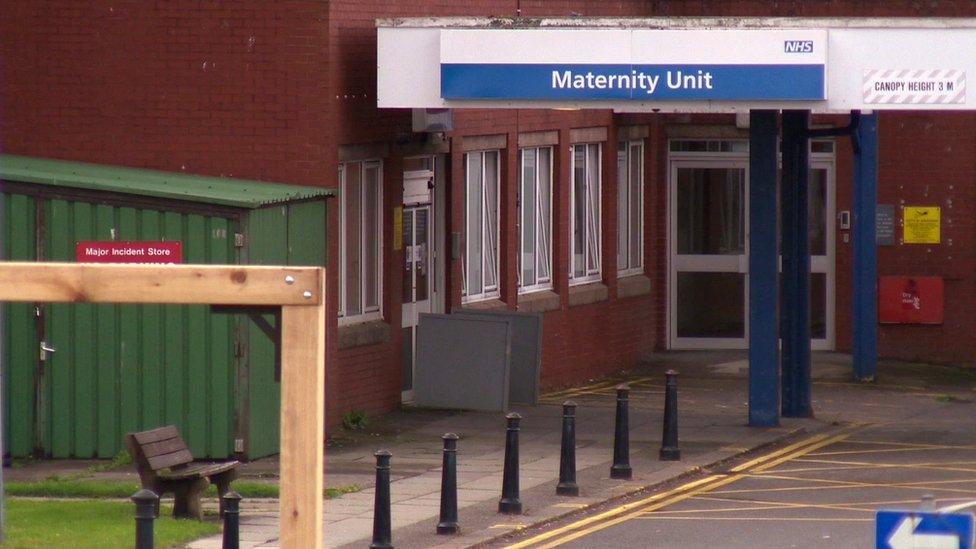
'Proper' death certification might have saved lives at Furness Maternity Unit, Dr Bill Kirkup said.
- Published13 May 2015
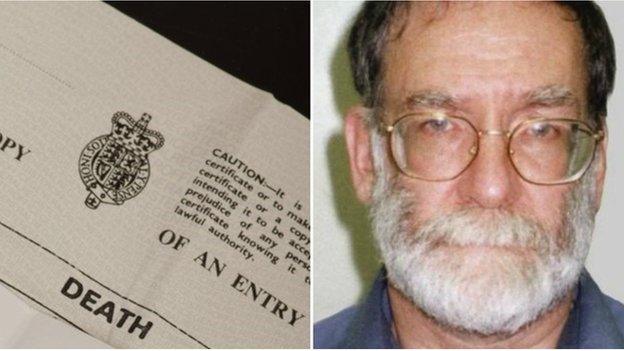
- Published3 March 2015
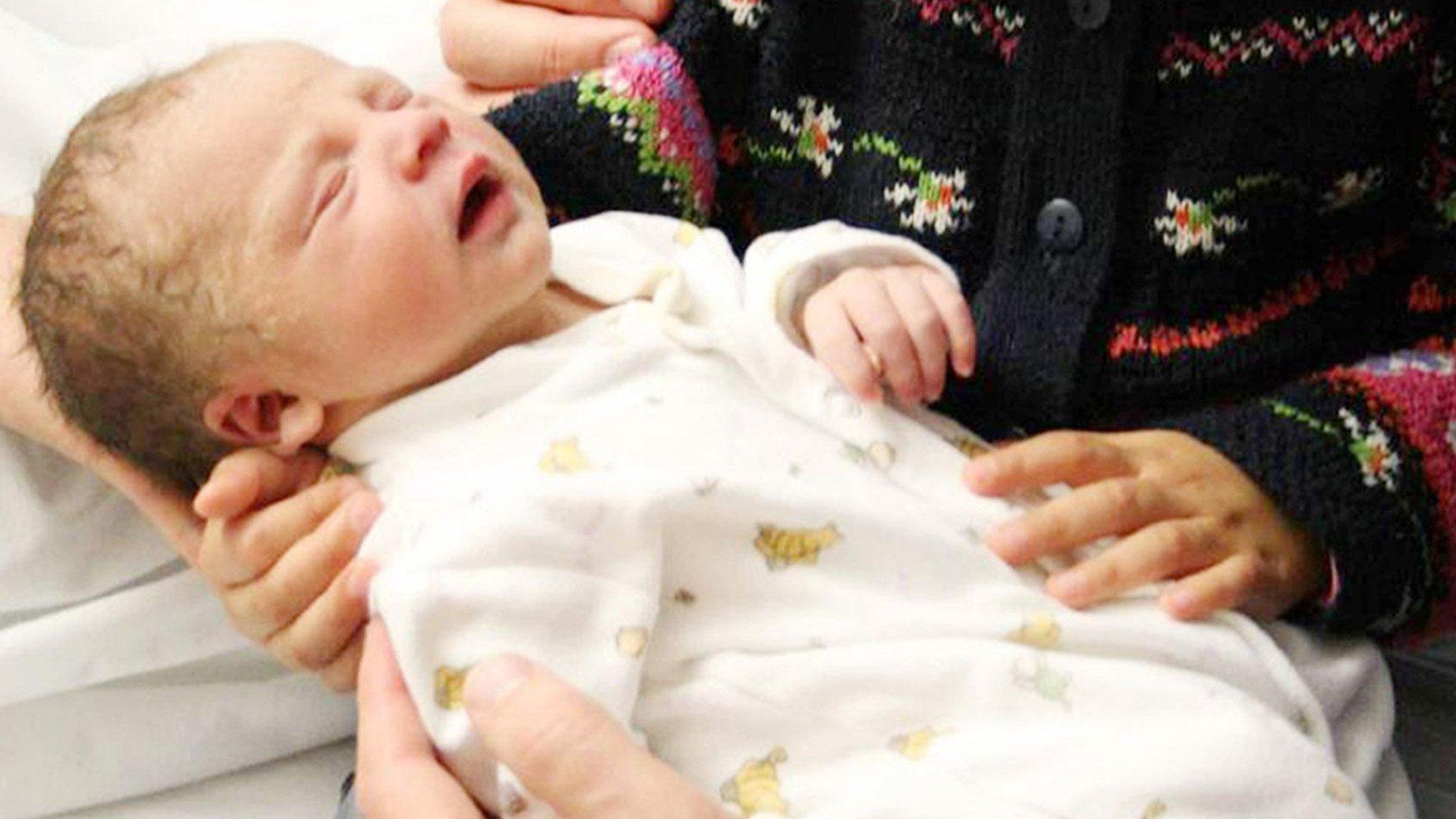
- Published21 January 2015
